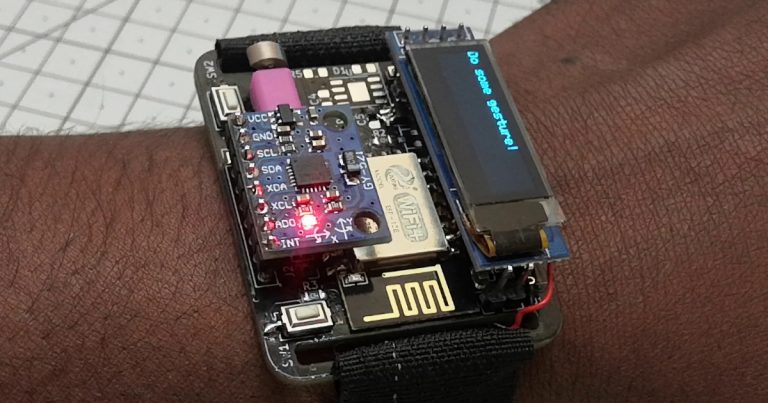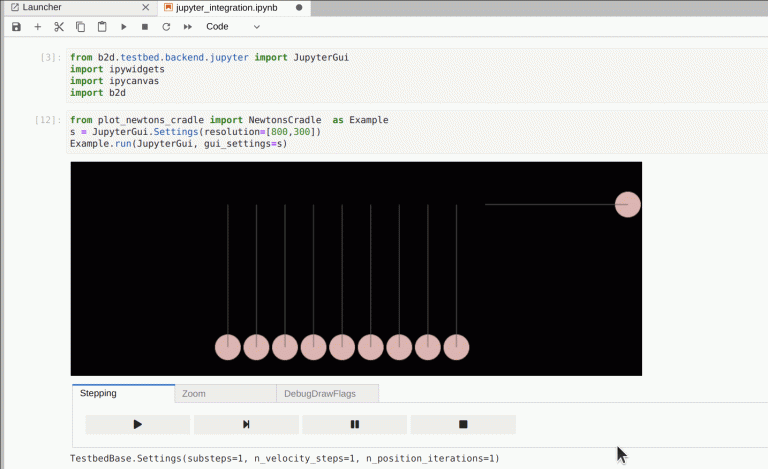Why does fatigue boost creativity?
What people do not do to develop their creativity: they work hard, solve creative problems during the day, and then the brain surprises you, right before bed, and gives you a new original thought that you have been waiting for all day! Read more about how this works and what circadian rhythms have to do with it in the longread.

As I began to learn more about how the human brain works and listen primarily to my feelings, I was able to adjust my tasks to a certain time of day.
It became clear why mine performance higher in the morning than in the evening and why original ideas come to mind when I have finished all my work. I analyzed this phenomenon in more detail and decided to share it with you.
What is creativity?

The ability to think creatively plays an important role in almost every area of our lives: it is necessary in education, as well as in the arts and sciences.
Generating new concepts or ideas will not be superfluous in engineering or in the economic sector.
However, despite the crucial importance of creativity in many areas of our lives, science has not yet been able to definitively explain it.
Creativity generally means the ability to create something original in your work and activities.
According to Guildfordcreative people can be characterized by the ability to generate a large number of ideas, produce unique results, or think flexibly and generate ideas.
Based on Guilford's definitions, psychometric measures of creative thinking have been developed and empirically tested, such as the Creative Thinking Test Torrens. Tests for determination style training, take a look too.
If we use neurobiology and psychology in defining creativity, then we can divide it into three clearly defined and distinct types: deliberate mode, spontaneous mode and flow mode.
– In flow mode creative behavior manifests itself in a smooth and effortless movement that completely ignores consciousness.
Flow is a state in which the concentration of consciousness reaches its peak, work proceeds easily and smoothly. And a person is so deeply immersed in its implementation that any distracting factors fade into the background.
– In deliberate mode creative ideas are generated by trial and error. It is worth noting that in this mode there is a chance to enter the “flow” if it is a complex task that requires intense concentration and determination with clear goals, and also corresponds to the level of a person's qualifications.
– In spontaneous mode Creative ideas arise in the mind suddenly, spontaneously, and unintentionally. Often this occurs through unconscious processing, an undirected search of memory, which leads to the insight being represented in working memory as unexpected, intuitive, and random.
It is in this spontaneous mode that a thought, an idea arises in our brain and the desire to quickly write it down or voice it when we are doing nothing, lying in bed, after a working day or in the morning, when we have just finished doing something. This usually happens to night owls) Here circadian rhythms play a role.
How do sleep rhythms affect our creativity?

Circadian rhythms are maintained by several chemicals that the body releases in a daily cycle, including adenosine and melatonin.
Adenosine — a sleep-inducing substance that builds up in the brain during the day and increases the desire to sleep. When you sleep, adenosine levels drop and rise again the next day.
Melatonin — a hormone produced in the evening by the pineal gland signals the brain that sleep is near (or should be).
These mechanisms are present in almost every living creature, even in plants and microorganisms. In us, almost every tissue and organ has its own circadian rhythm, and together they are tuned to the daily cycle of day and night. But everyone is tuned a little differently.
Each person has their own specific sleep chronotype, which is determined by the circadian rhythm, or “internal clock.” It is this that tells us when it is time to go to bed and wake up. These rhythms and chronotype are largely influenced by genetics human.
However, it is worth considering that circadian rhythms can be influenced by various factors:
– Shift work;
– Sudden changes in time zones while traveling;
– Autism spectrum disorders and some diseases, such as Parkinson's.
– There are people whose sleep and wake cycles change every day. This is called extreme circadian behavior.
So, knowing about their circadian rhythms, some creative individuals can to violate them on purposeto be more productive in their creativity. Most often, by practicing intermittent sleep, dividing it into three or even four short segments, thus creating a sleep-wake cycle.

Participants research on cognitive flexibility, when awakened from REM sleep, had a 32% advantage in anagram performance compared to the number of correct answers after quiet awakening. This is consistent with the hypothesis that due to the lack of aminergic dominance (norepinephrine and serotonin) in the REM phase of sleep, this state is highly conducive to fluid reasoning and flexible thinking.
However, you shouldn’t completely deprive yourself of sleep, otherwise your creativity may be reduced to zero.
In one research its participants went 32 hours without sleep, while the rest slept normally. When tested for flexibility and originality in graphic and verbal tests, the sleep-deprived participants showed serious and persistent impairments in their performance.
Why insight comes when we rest

When we come home, do all the work and realize that we can relax without doing anything, our higher cognitive functions: perception of information, its processing and analysis, memorization and storage, exchange of information, construction and implementation of an action program – are partially or completely switched off, and the processing of creative tasks occurs unconsciously.
Most often this happens in the evening or late at night.
So, when you understand that you can completely relax, your brain begins to unconsciously work on what happened during the day. And if you have been thinking about a problem for a long time during the day, but could not solve it, at this moment an epiphany may occur.
So why at night?

Creative bursts due to insomnia or an unexpected visit of an idea in your thoughts, with an incredible desire to quickly write it down, are directly connected with the work of our brain, which in fact does not rest in those moments when we relax.
The brain works like a wound-up mechanism, strictly following the program for turning on its activity, despite the daily biorhythm.
Therefore, he may not notice the braking system, following the periodicity of “take-offs” and “falls”.
In the 1990s, neuroscience and biomedical engineering professor Markus Reichl made openingshowing how a specific area of the brain responds to time spent doing nothing.
A lot of meaningful activity happens in the brain when a person is sitting idle and doing nothing at all, Reichl said.
In this way, the professor and his colleagues discovered resting areas in the brain that are more often affected by Alzheimer's disease. And this played an important role in the fight against this disorder. This discovery also forced Raichle and his colleagues to reconsider the idea that the brain uses more energy when engaged in a task that requires attention and provided insight into how people learn from experience.

IN researchpublished in a scientific journal, participants were given a new task to learn, followed by a rest period. When the subjects were at rest, the scientists recorded brain activity in the cerebellar and frontoparietal networks: they found that spontaneous “bold” oscillations in these networks were more synchronized after learning.
Moreover, these learning-related changes in functional brain connectivity were not limited by time and continued while participants were doing other things.
What's the bottom line?
During my time studying information about the brain and its work, I realized that it is capable of a lot. And knowledge of how to use it helps to become more productive in what I do.




